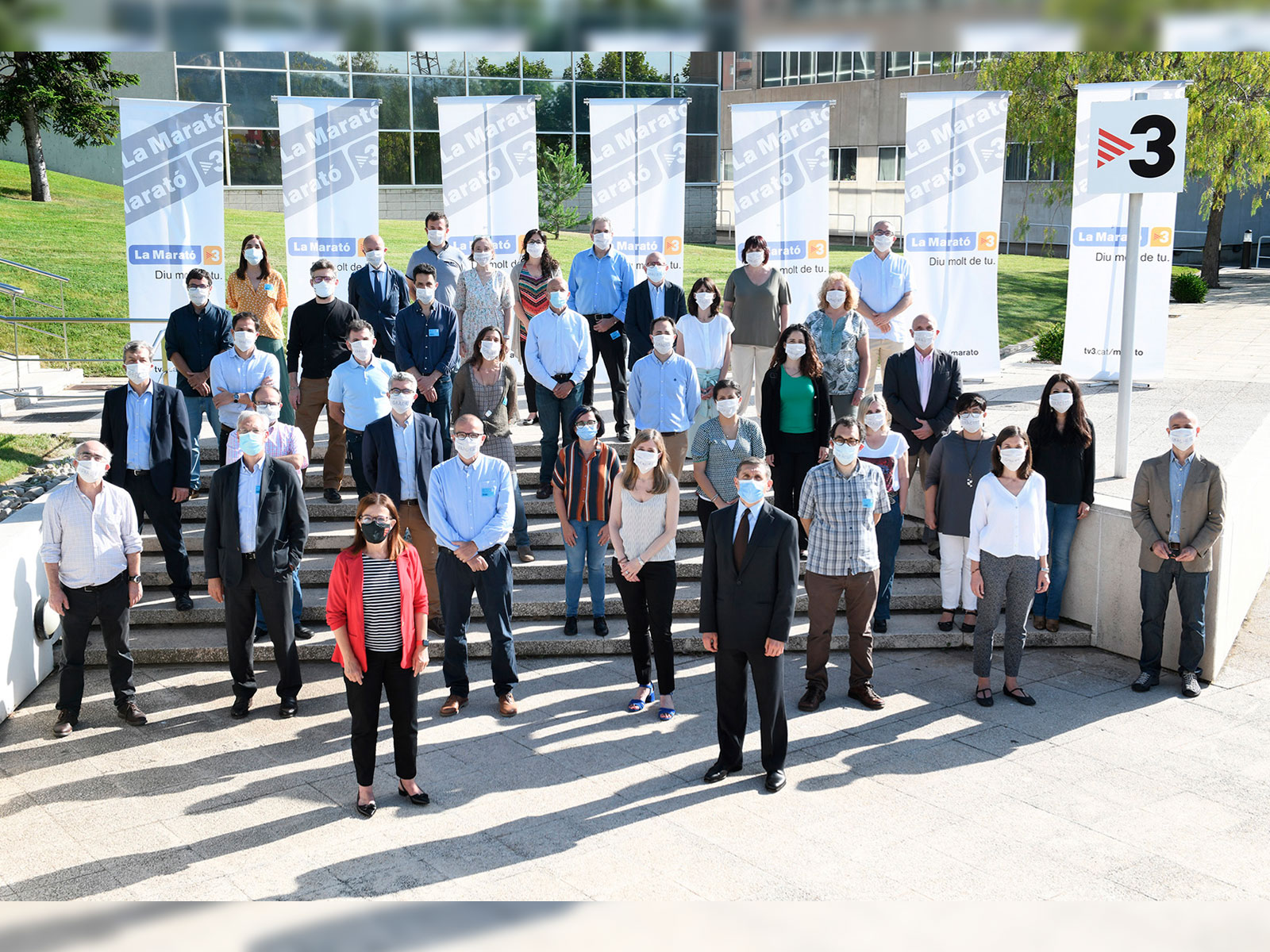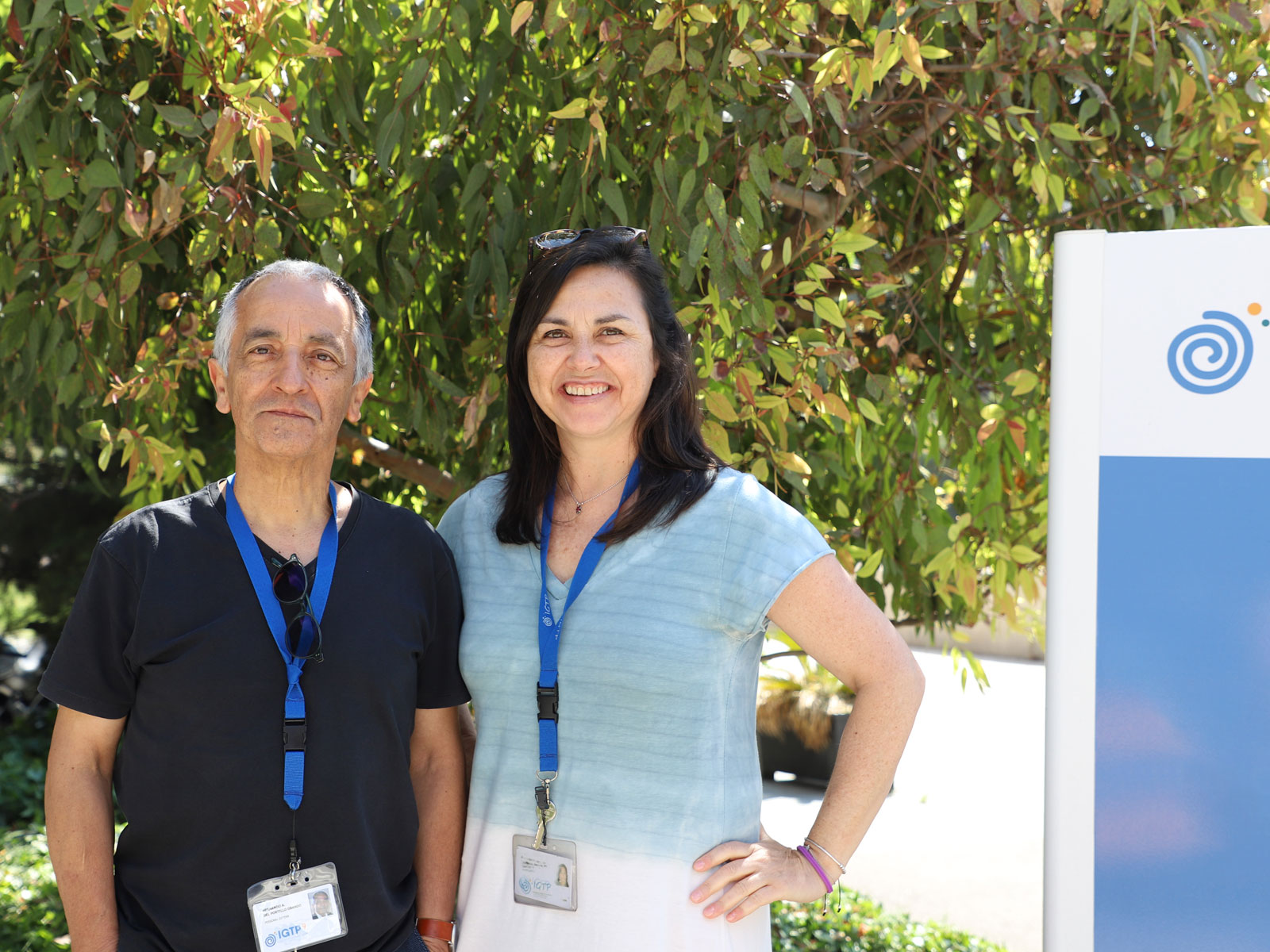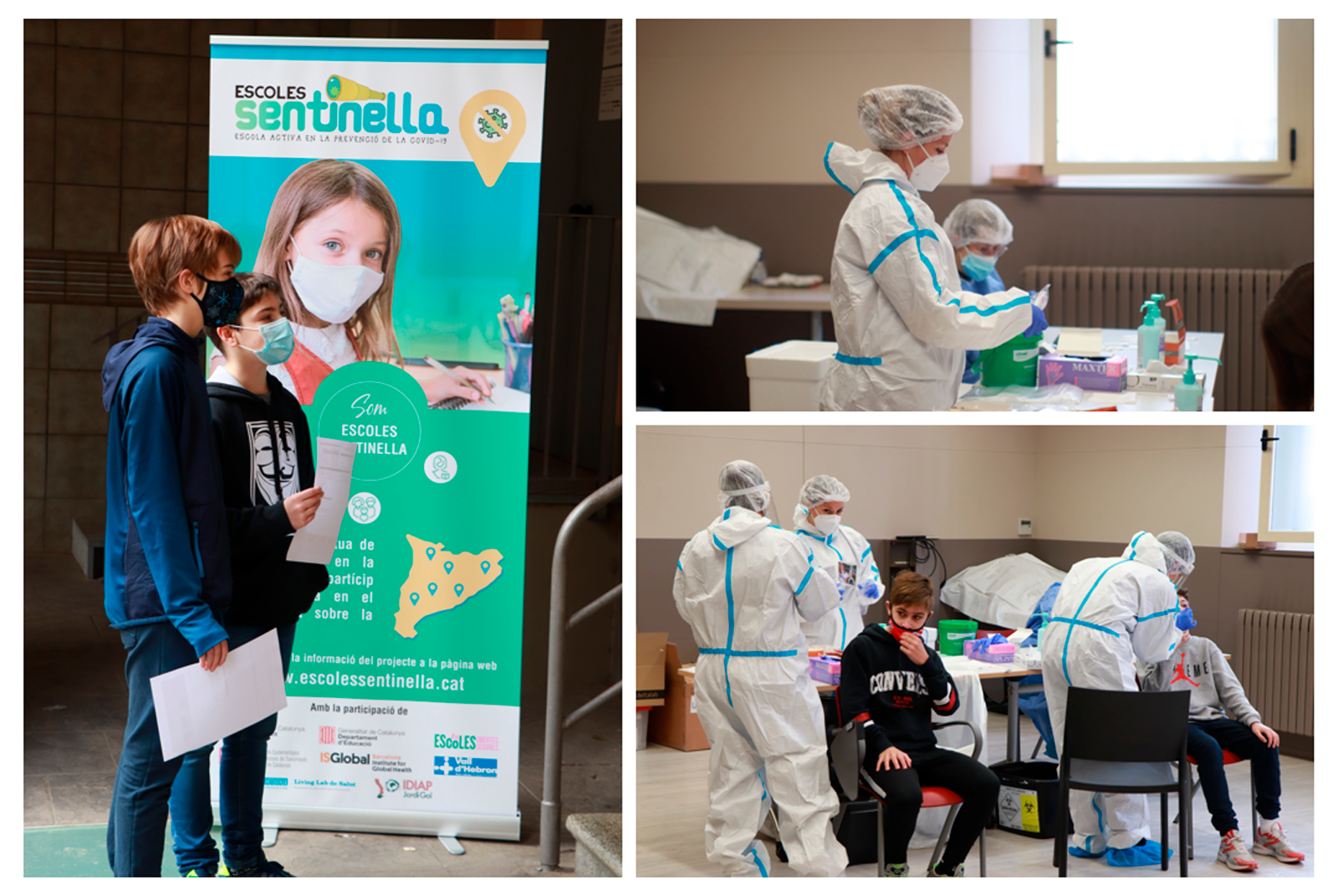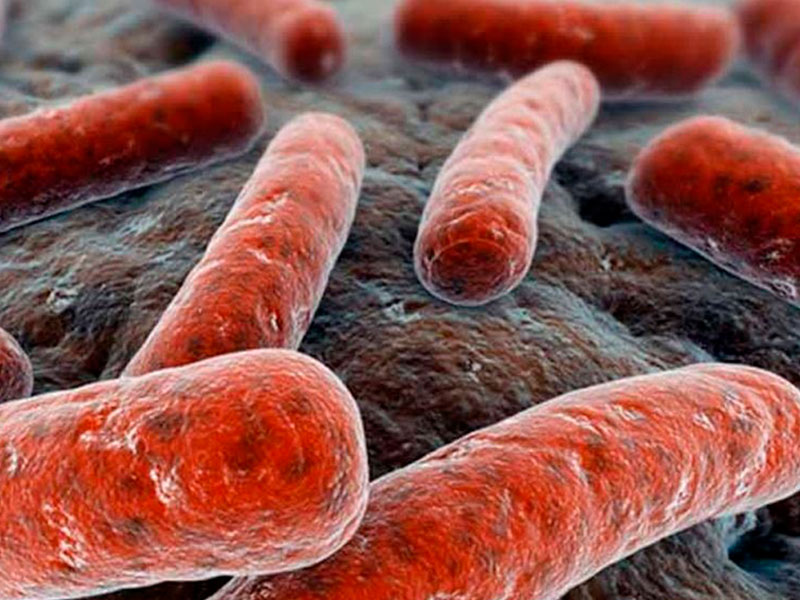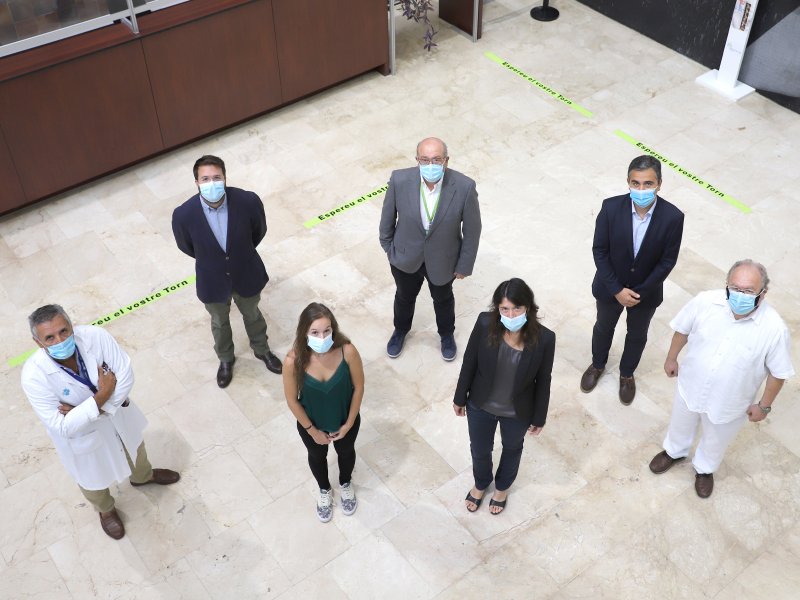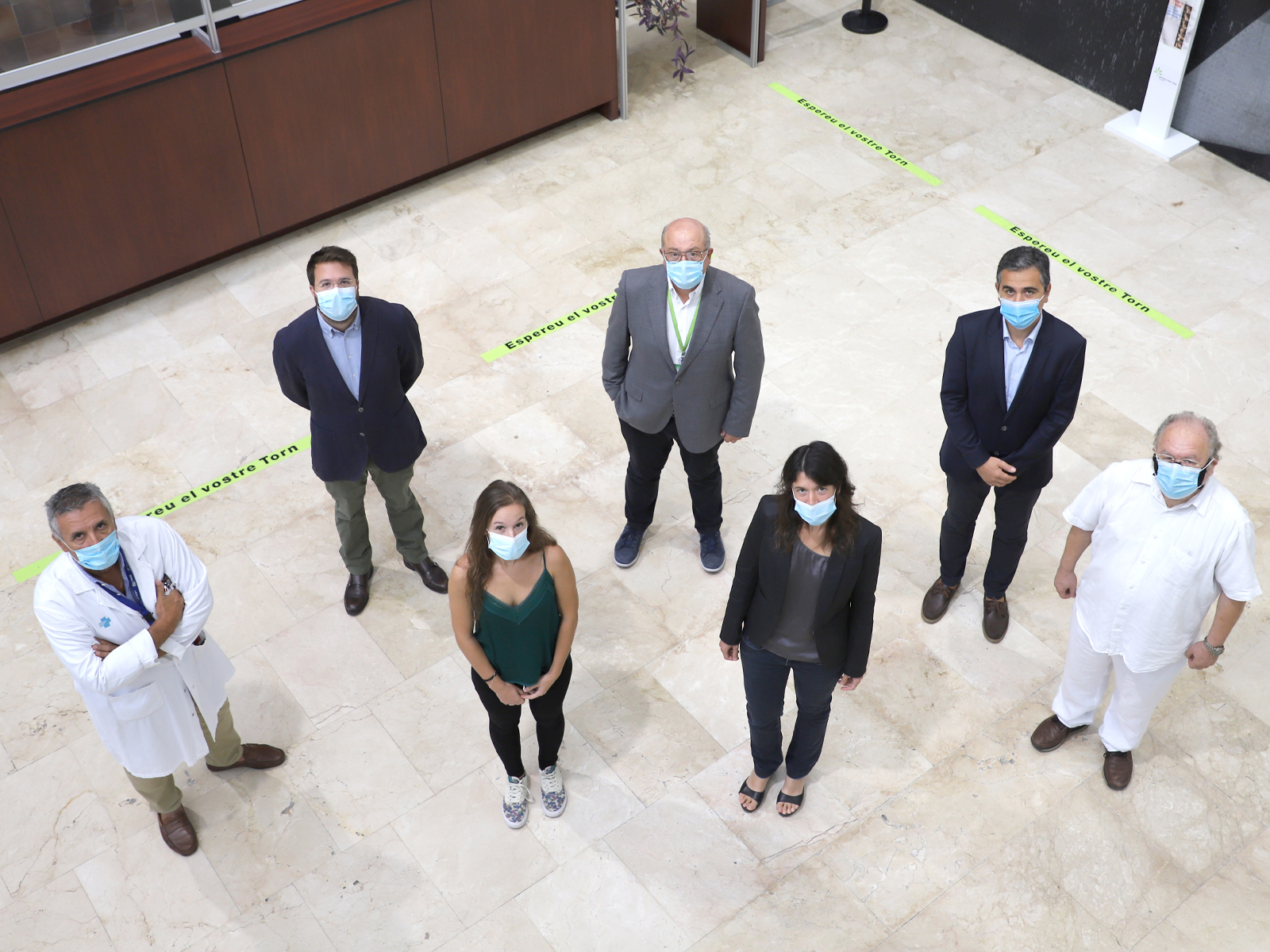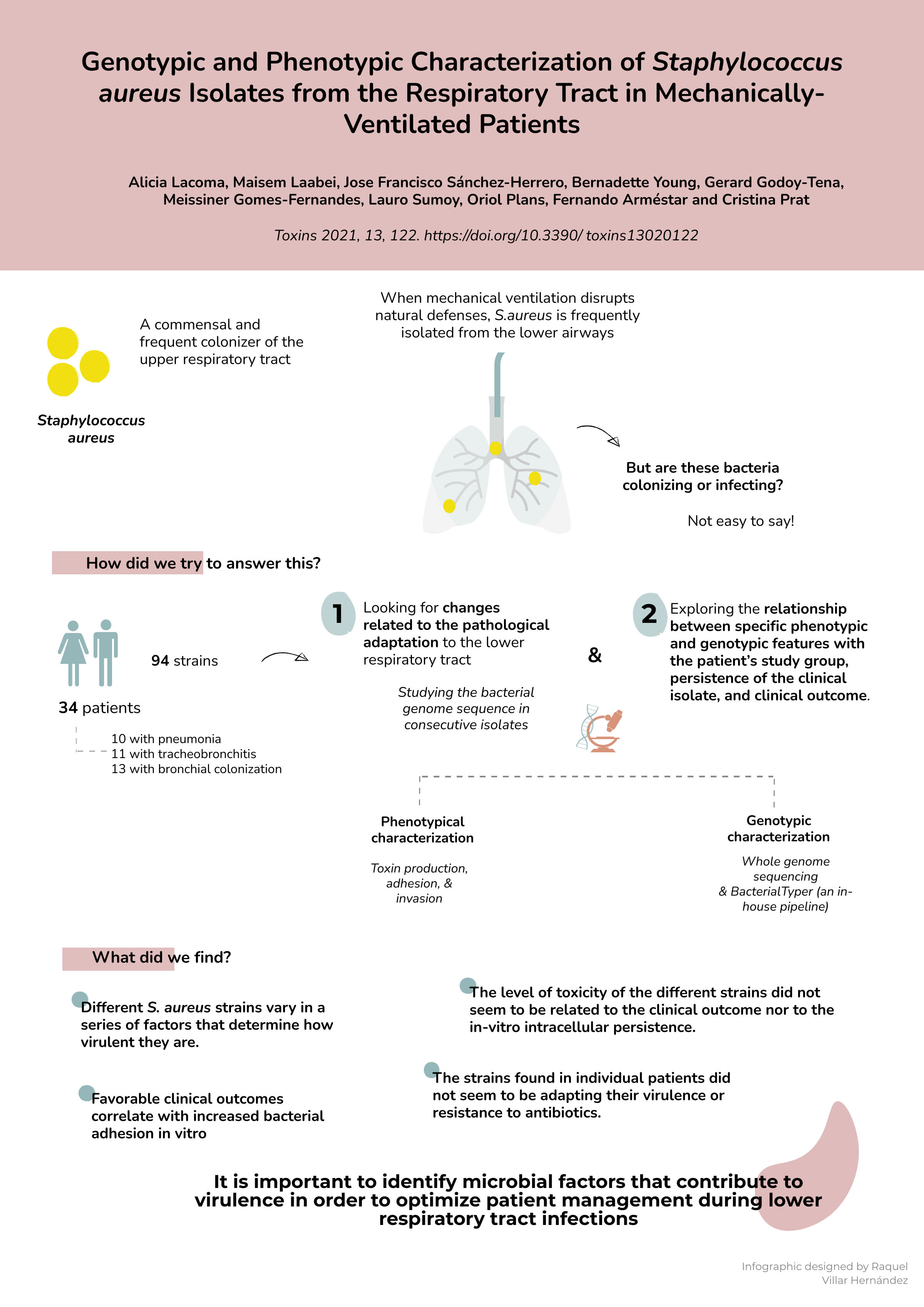The IGTP is awarded 4 projects on covid-19 financed by the La Marató de TV3
The IGTP has been awarded 4 projects in the 2020 edition of the La Marató de TV3 dedicated to the study of SARS-CoV-2 and the disease it causes. IGTP researchers are leading 3 projects and taking part in 2 more that are coordinated by other institutions on the Can Ruti Campus. All the projects are multi-disciplinary and collaborations between groups in different fields on the campus, underlining how research into complex diseases is more and more undertaken by collaborative networks. A total of 36 projects have been funded and will be financed by the over 12 million euros collected in the last marathon.
